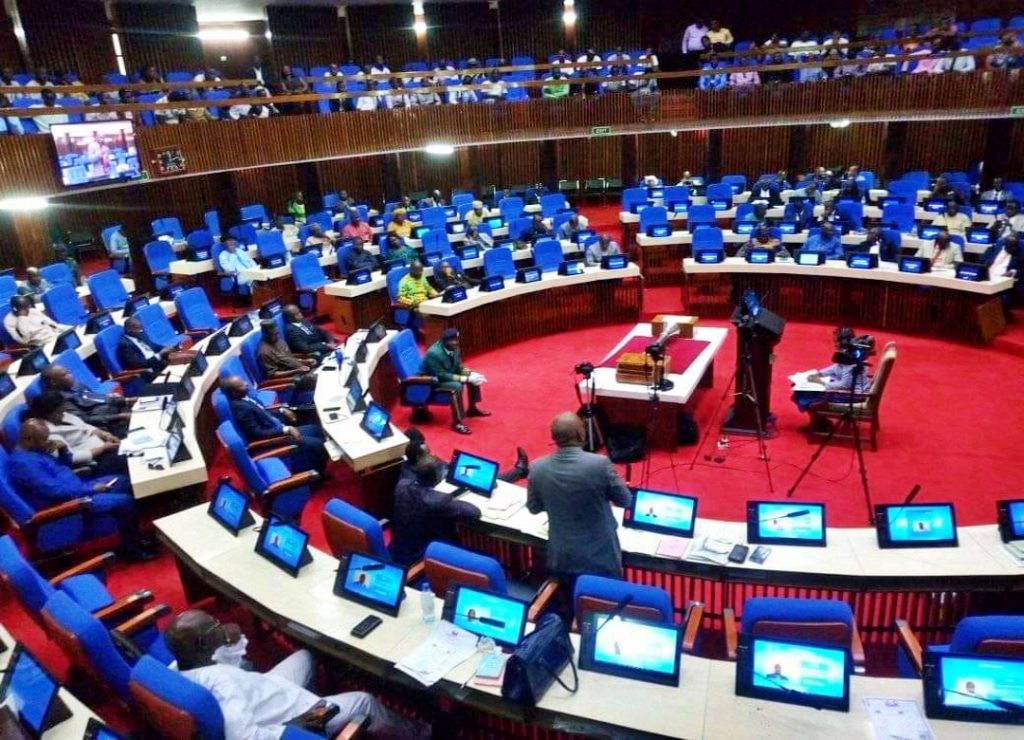
Egypt’s House of Representatives reconvened on Monday under the leadership of Speaker Counselor Dr. Hanafi Gebaly, resuming deliberations on a proposed amendment to the Medical Professions Law, with a key vote expected during the session.
The law, which aims to revise allowances for healthcare workers, has sparked extensive debate, particularly over the potential inclusion of pharmacists in the categories eligible for extraordinary effort compensation related to shift work.
During Sunday’s session, the final vote on the amendment was postponed to allow the government time to evaluate financial feasibility.
Lawmakers pressed for the inclusion of additional professional groups—chiefly pharmacists—arguing their vital role and workload during off-peak hours warrants equal consideration under the amended benefits scheme.
The government requested a pause to assess whether budgetary allocations could support expanding the scope of the proposed changes.
The delay came after thorough discussion of all draft law provisions and mounting pressure from MPs advocating for broader eligibility.
The inclusion of pharmacists remains a particularly contentious issue. On Sunday, the floor witnessed a flurry of opinions on whether their work schedule qualifies them for compensation designated for extraordinary shift efforts.
Some MPs underscored that pharmacists often handle 24-hour services in hospitals and medical centers, while others emphasized the need for financial prudence amid budget constraints.
Monday’s session also includes deliberation on a separate but significant piece of legislation: a government-proposed amendment to the Education Law No. 139 of 1981.
The Education and Scientific Research Committee, chaired by Dr. Sami Hashem, approved the six-article amendment during an evening session on Sunday, setting the stage for broader parliamentary discussion today.
The dual focus on health and education reforms reflects a renewed legislative momentum aimed at addressing public sector challenges. As the vote on the Medical Professions Law looms, the outcome could signal Parliament’s stance on expanding compensation to underrepresented health workers while balancing fiscal responsibility.



